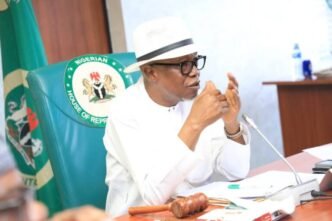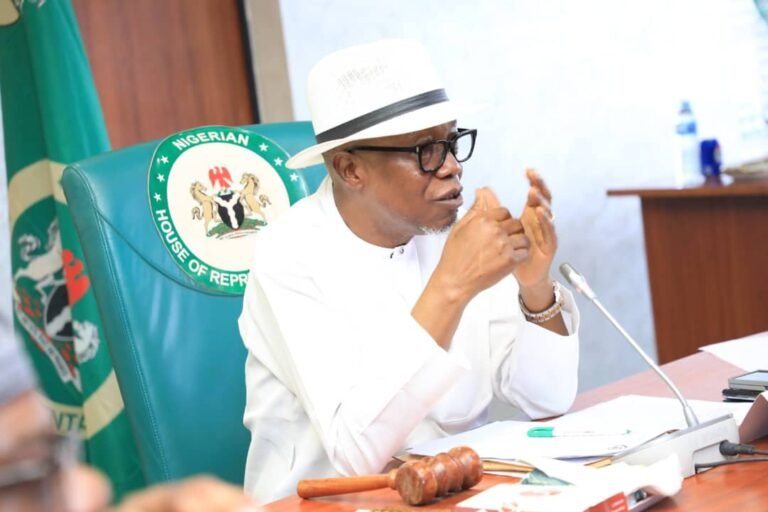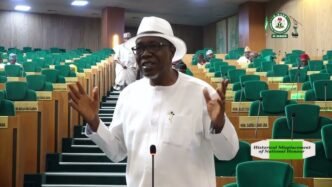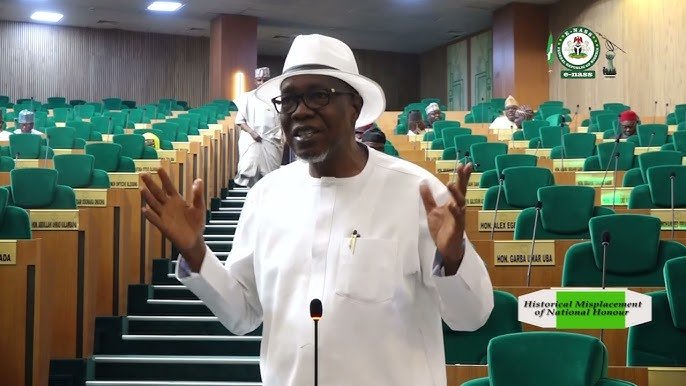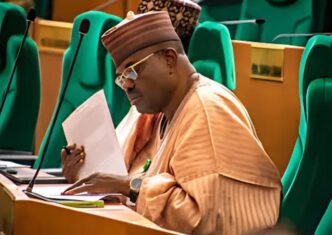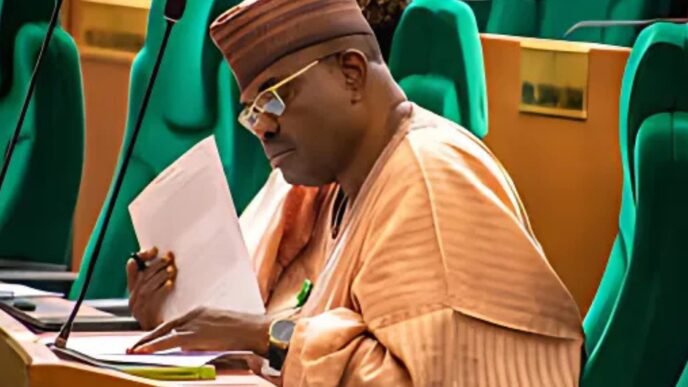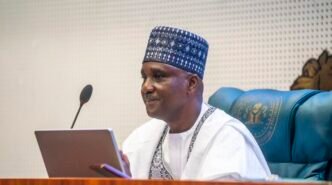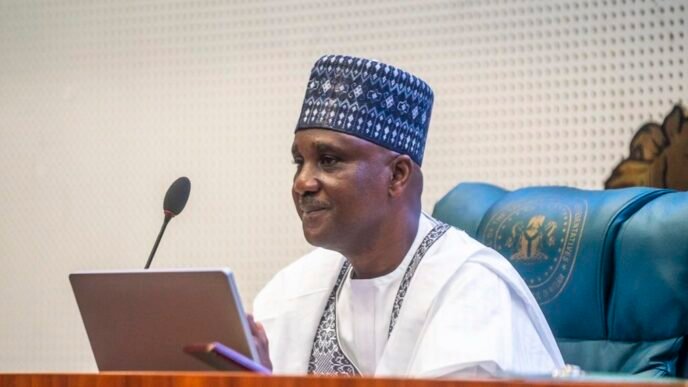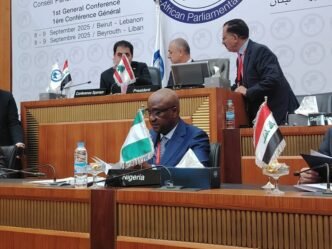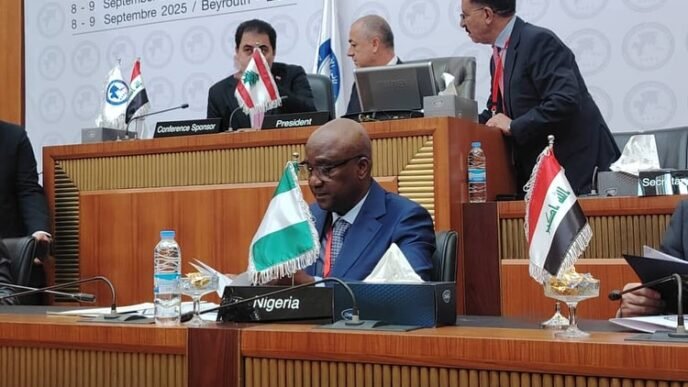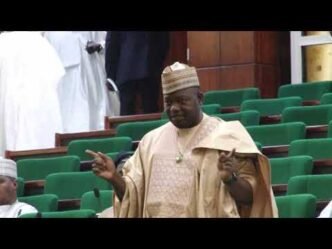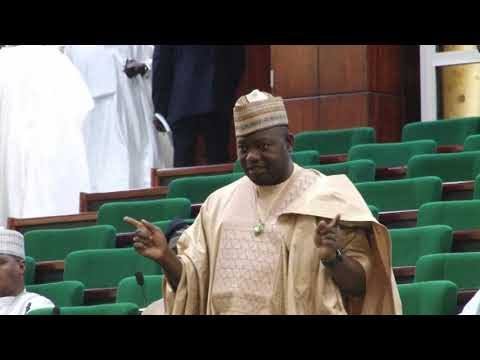HB. 1852-A Bill for an Act to Amend the Federal Colleges of Education Act, Cap. F8, Laws of the Federation of Nigeria, 2004 to Establish the Federal College of Education, (Technical) Uzebba–Iuleha, Edo State and for Related Matters. Bill Sponsored by Hon. Julius Ihonvbere. Bill Progress: Third Reading
In a significant advancement for educational reform in Nigeria, Hon. Julius Ihonvbere, the representative for the Owan Federal Constituency in the House of Representatives, has sponsored a bill aimed at establishing a new federal college of education. This initiative is a part of his broader legislative focus on improving education and infrastructure within the country.
The proposed bill, identified as HB. 1852, has completed its First Reading in the House of Representatives, marking an essential step in the legislative process. Currently, the bill has been referred to the House Committee on Federal Colleges of Education for in-depth review, where it will be assessed alongside similar proposals. Hon. Adamu Tanko, the committee chairman, oversees this critical phase, and a recent legislative order paper indicated that the committee has received the report for the bill, suggesting that progress is being made.
As part of this legislative agenda, the House Committee on Federal Colleges of Education has announced plans for a public hearing concerning HB. 1852 and other related bills focused on the establishment of new federal colleges of education. This public engagement is crucial for gathering input from stakeholders and the community, ensuring that the proposed new colleges meet the needs of the population.
The drive to establish a new federal college of education aligns with notable trends emerging from the Nigerian National Assembly. This push is influenced by multiple factors that seek to enhance the educational framework across the country. Central to this initiative is the principle of regional equity, aiming to ensure that federal projects, including educational institutions, are fairly distributed across various states and constituencies. This fosters inclusivity and addresses disparities in access to educational resources.
Another key motivation behind the proposed new college is to improve access to tertiary education for students in the region. By establishing a federal institution closer to home, local students who may encounter financial or logistical barriers when traveling to distant universities would have greater opportunities to pursue higher education. The focus on accessibility is seen as critical for cultivating a more educated populace and addressing the educational needs of underserved areas.
Particularly noteworthy is the designation of the proposed Federal College of Education as a technical institution. This emphasis on vocational and technical teacher training aligns with national policies aimed at promoting skills-based education. The rising demand in the labor market for skilled professionals makes this focus vital for preparing future educators equipped to train students in technical and vocational disciplines. This reflects an understanding of the evolving educational landscape and the importance of aligning curricula with market needs.
Additionally, the establishment of a new college is anticipated to stimulate socio-economic development within the local community of Uzebba–Iuleha. Beyond educational benefits, the college is expected to create job opportunities, promote local economic growth, and attract infrastructure development to the area. Such comprehensive benefits highlight the broader impact that educational institutions can have on their communities.
HB. 1852 is part of a larger movement within the legislative framework aiming to establish new federal colleges of education throughout Nigeria. For instance, in Edo State, another bill proposes the creation of a Federal College of Education (Technical) in Ogute Okpella, reflecting the widespread and concerted effort to enhance educational opportunities across the nation. These initiatives often progress in parallel, with the potential for the consolidation of bills or collaborative public hearings, streamlining the legislative process.
As HB. 1852 moves through the necessary stages, its implications for the educational landscape of Nigeria are significant. The establishment of new federal colleges of education forms a foundational step towards improving teacher training, addressing educational disparities, and fostering local economic development. With a strong legislative focus from leaders like Hon. Julius Ihonvbere, the future looks promising for advancing educational reform in Nigeria
